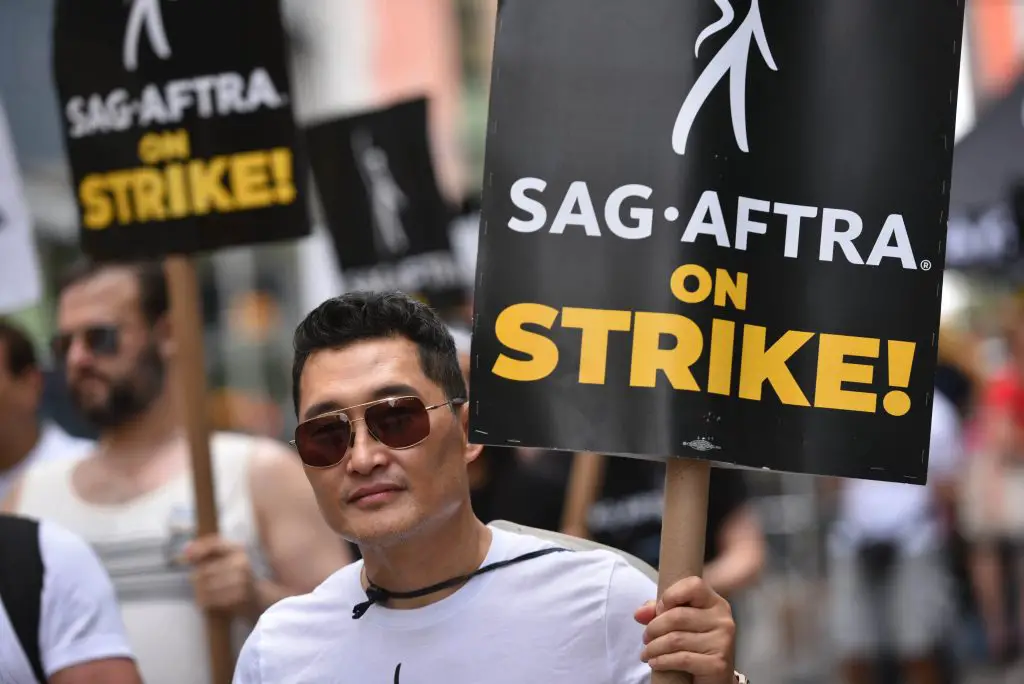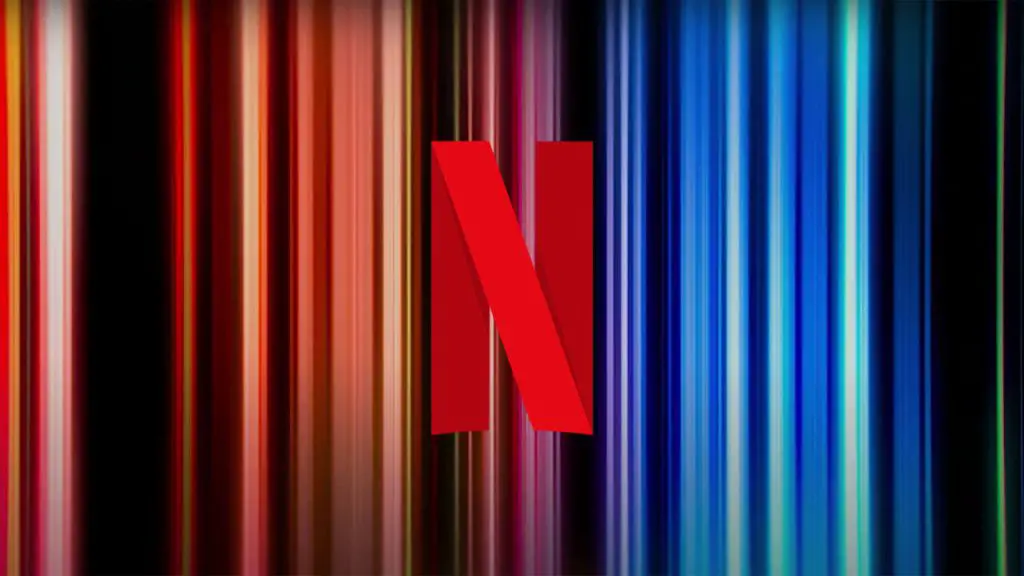In a bold, potentially contentious move, Netflix has signaled a shift towards an increased investment in artificial intelligence. The streaming giant has recently publicized a job listing for an AI product manager, with a staggering annual compensation of $900,000. This shift towards AI comes amidst tension between the entertainment industry and technological advancement, marking the first unified stand by writers and actors since 1960.
The Dual Challenge: AI and Wage Parity

The Writers Guild of America (WGA) and SAG-AFTRA have been quite vocal about their concerns related to the rise of AI in entertainment. Their demands encompass fairer pay, better residual payments, and protection against AI-driven displacement. The latter demand seems particularly pressing in the face of Netflix’s latest move. To many, this demand by creative professionals isn’t just about financial figures, but about valuing human creativity and artistry.
The Intercept unearthed details about the newly-listed role, indicating that Netflix is keen on “increasing the leverage of our Machine Learning Platform” (MLP). While the MLP primarily functions to recommend content for Netflix’s vast user base, there’s an indication that the company might be exploring its potential to “optimize” the content creation process. Though it’s uncertain if this means replacing human creatives with algorithms or digital personas, the timing of this high-salaried role during such fraught negotiations can be perceived as insensitive by many.
Life Imitates Art?

For fans of Netflix’s acclaimed series, Black Mirror, this shift seems eerily familiar. The show’s latest season, especially an episode satirizing Netflix, depicted a streaming service leveraging AI to create content by usurping individual likenesses without their permission. Rob Delaney, who featured in this particular episode, voiced his concerns, saying, “So $900k/yr per soldier in their godless AI army when that amount of earnings could qualify thirty-five actors and their families for SAG-AFTRA health insurance is just ghoulish.” He further emphasized the abundance of funds in the entertainment sector, attributing the imbalances to skewed priorities.
Duncan Crabtree-Ireland, SAG-AFTRA’s chief negotiator, brought to light a concerning proposal. According to him, there’s an agenda to scan background performers, pay them a single day’s wage, and then own and exploit their digital likeness indefinitely without additional compensation or consent. Meanwhile, company Realeyes offers a compensation of $300 for a mere two hours of emotional expression and scene improvisation to train their AI to mimic human emotions. Interestingly, The Intercept pointed out that while Realeyes doesn’t explicitly associate with streaming platforms, both Netflix and Hulu’s logos are prominent on its website.
Hollywood’s AI Dance

Netflix’s flirtation with AI isn’t limited to behind-the-scenes. Their recent reality dating show from Spain, Deep Fake Love, launched on July 6, employs contestants’ images to churn out “deepfake” scenarios. And Netflix isn’t venturing into this brave new world alone. Entertainment behemoth Disney is on the hunt for a senior AI engineer, aiming to infuse innovation into their cinematic and theatrical endeavors.
In Conclusion
As AI continues its march into diverse sectors, its encroachment into the entertainment industry promises both innovation and challenges. While technology might offer streamlined processes and novel experiences, it’s imperative to remember the human essence that fuels art. As the entertainment world grapples with these changes, staying updated will be crucial.


